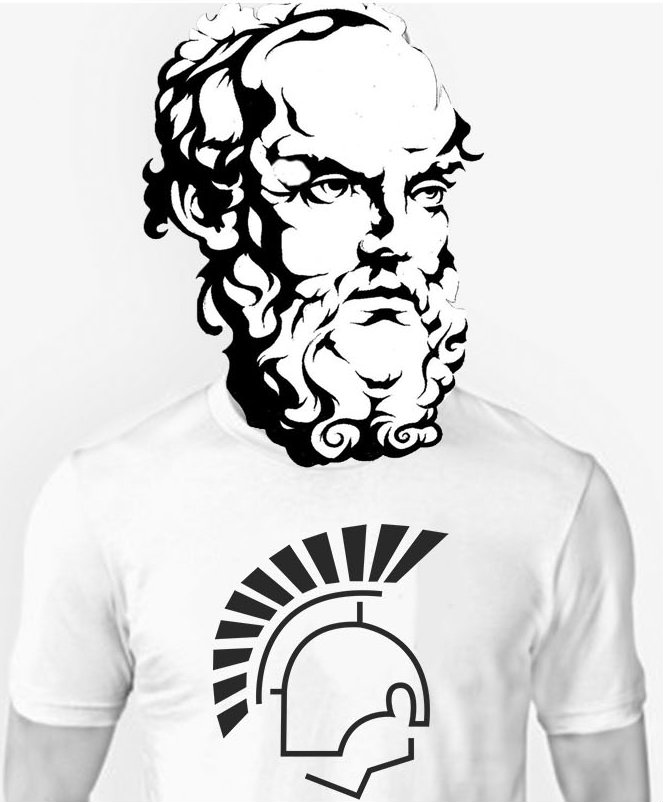Why DHS needs a philosophy class
After spending freshman year with a schedule packed with required courses, many DHS students are excited when their course options become more flexible. It’s especially thrilling to choose from the many elective courses offered to students. From Marine and Aquatic Science to Child Development, students have numerous choices that cater to a variety of interests. However, one course that I believe is missing is a philosophy course.
DHS needs a philosophy course because its methods teach many skills. One important tool philosophy can give us is how to question things about the world, like reality and language, in a systematic and rational way. It teaches us to consider what is right and what is wrong. It can also teach DHS students not take the world around us for granted. From a well-taught philosophy class, one would also develop the skill of critical thinking, which would supplement a deeper understanding of other classes, such as fine arts, psychology, and computer science. Applying aesthetics to fine arts classes allows one to think critically and rationally about what the purpose of a piece of art is and what it means while the area of logic supplements mathematics and computer science by emphasizing the consistent systems in those areas.
Philosophy would be a very valuable course, partially because it is an incredibly diverse and interesting study, covering subjects from aesthetics to ethics, epistemology to logic. It can even overlap with extracurricular activities at DHS, by discussing topics such as human and animal rights. Philosophy provides people with good stories to tell and with a basic understanding that will allow one can think about the world as they have never done before. In France, high school students are required to take philosophy. It’s considered equally as important to study ways of thinking and asking questions as it is to learn about grammar and math. I believe this enriches their experience in school and makes them better at applying what they’ve learned to the real world.
For me, I think that philosophy is an incredibly important area of study because of the interesting things it can teach us. My paternal grandfather has a collection of works of various great philosophers and scientists. I’ve read through them and they’re just fascinating to me. They focus on people who have a way of thinking that can be applied to topics from any discipline or time. From the forming of the first academy by Plato in Rome, to the pessimistic view of Schopenhauer, there are many philosophical viewpoints on the world that are interesting and unique, and in my opinion, worthy of study.
In terms of the execution of this course, I believe it should consist of one class that covers several different areas of philosophy. Ideally, there would be time to study aesthetics, ethics, metaphysics, political philosophy, epistemology, and logic, covering the different schools of thought and their histories, even extending to non-western thinkers. This course would most likely be a social studies elective. Students would read the works of various philosophers, learn about the history and basic understandings, and then try to form their own opinions in class discussions. The best comparison to a current class is Issues in Modern American Society. Both classes involve synthesizing opinions on issues through various class discussions and several units. I believe it’s important that the class emphasizes thoughtful discussion, as that is where the principles of philosophy, that can fall flat on paper, are able to come alive.
The ultimate goal of an education should be to teach the students to seek out information and ask questions about the world around them. A philosophy elective would do just that while also enhancing skills that students could apply to just about any other class. I believe this diverse and significant area of study would be a relevant addition to anyone’s schedule.






